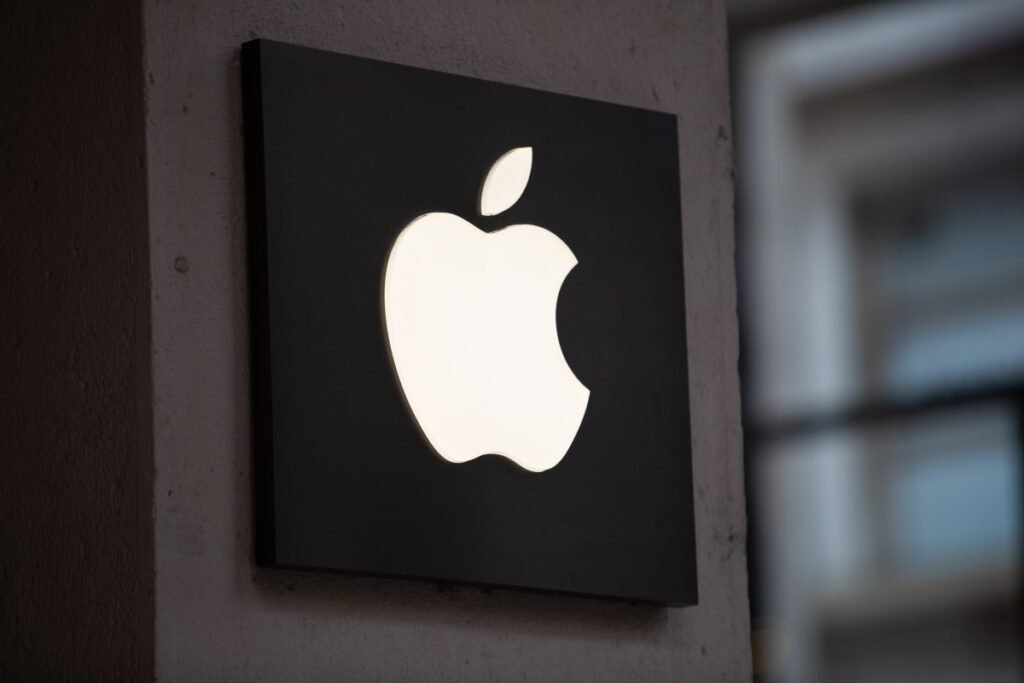Apple Criticizes EU’s Digital Markets Act, Citing Delayed Features and Privacy Concerns
Introduced three years ago, the European Union’s Digital Markets Act (DMA) aims to address anti-competitive practices by major tech platforms. One key aspect of the DMA is promoting user freedom to switch between platforms and transfer data across devices and apps.
However, tech giants like Apple are pushing back against the regulations. In a recent statement, Apple pointed fingers at the EU’s enforcement of the DMA for causing delays in launching new features in the EU. The company claims that these rules are negatively impacting the user experience by exposing customers to new risks and limiting choices.
Apple states that complying with the DMA’s requirement for interoperability with third-party devices and apps has forced them to postpone certain features in the EU. This includes functionalities like live translation for AirPods, iPhone mirroring on Macs, and personalized route recommendations on Maps. According to Apple, the list of delayed features may continue to grow.
One major concern raised by Apple is the conflict between the DMA’s interoperability mandates and the company’s commitment to user privacy. The law mandates that companies make their proprietary apps and features compatible with third-party hardware and software, a move that Apple believes could jeopardize user data.
In an attempt to address these concerns, Apple claims to have proposed modifications to protect user data. However, the European Commission has allegedly rejected these suggestions. Apple argues that under the DMA, they are prohibited from sharing these features with users until they are made available on competitors’ products. Violating this rule could result in fines and potential restrictions on product sales within the EU.
Recently, Apple faced a hefty fine of over $550 million from the EU for violating the DMA by requiring app developers to process payments exclusively within Apple’s ecosystem. The company has challenged this decision.
Another issue raised by Apple is the increased risk of scams, malware, and fraud resulting from the DMA’s requirement to allow users to install apps from third-party stores and use alternative payment methods. The company argues that these changes pose significant threats to user security.
Despite Apple’s concerns, the European Commission has not provided a response to these criticisms. As the debate continues, the impact of the DMA on tech companies and consumers in the EU remains a contentious issue.

